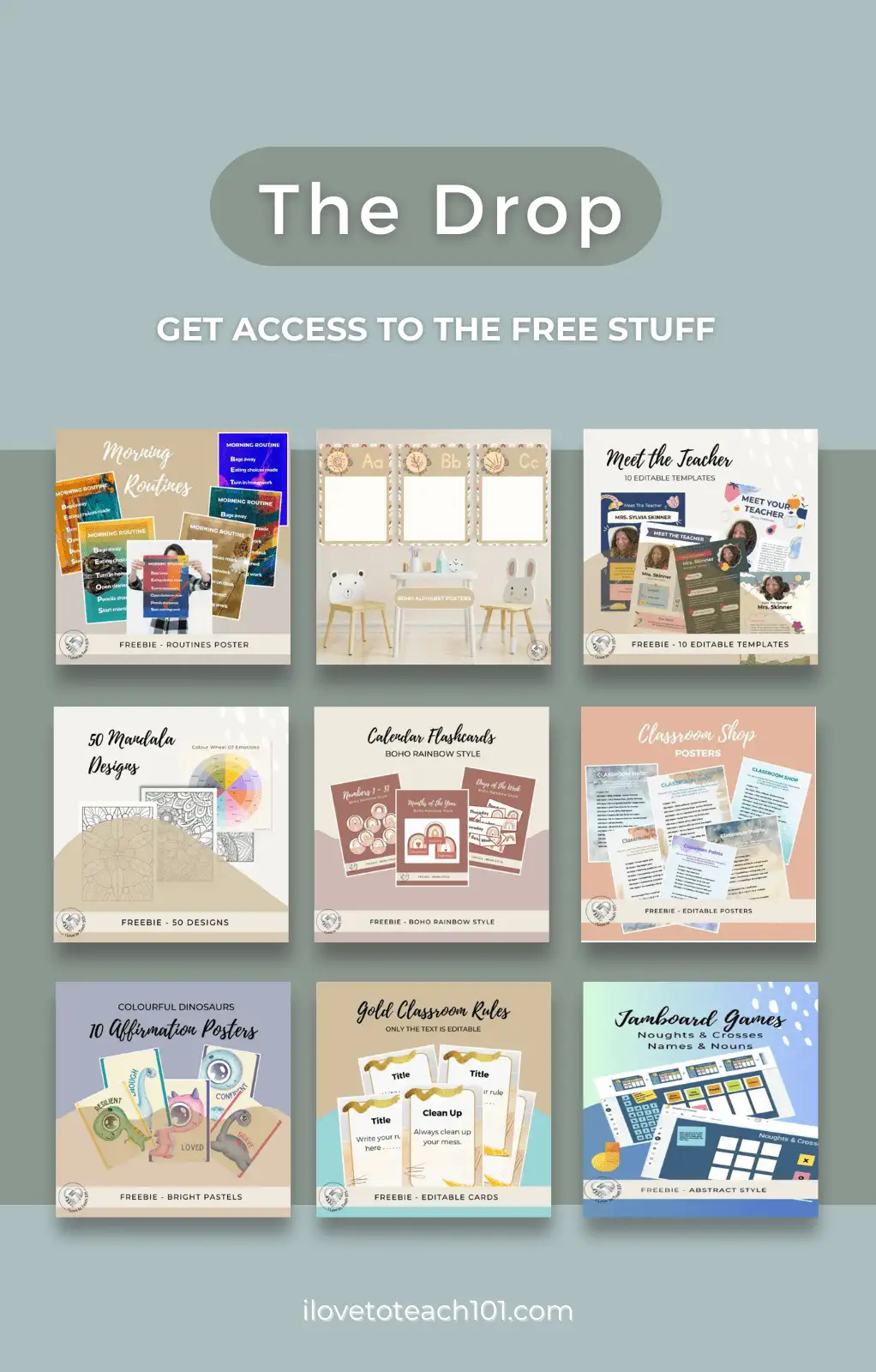
Should we make it easier for students to learn by grouping by ability? To stream, or not to stream? That was the question we were asked to consider in the staff meeting. Or as Hamlet said in Shakespeare’s Hamlet: To be or not to be, that is the question.
Later, as I drove home from school, I recalled a day long ago, when I found myself in-stream ten. I was a student in a huge Comprehensive School in the middle of England. Stream One was the highest-rated, and Ten the lowest.
Things weren’t going well with me; my dad was in prison, my mum was in hospital coping with a lost pregnancy, my brothers were in youth detention for misdemeanours, and my baby sisters were in foster care. I was in a children’s home, which, frankly, was a depressing experience.
I’d been enjoying school, but now school grades had plummeted. It also didn’t help that I was being teased continually for being half Jamaican.
Into our Stream Ten class walked (I forget her name but let’s call her) Miss T, smartly dressed with a bright red lipstick smile. Miss T was very short. Most of the ‘Stream Ten’ students were taller and louder. She would try to make her voice heard, but all you could hear were students shouting above her. Poor Miss T, they wouldn’t even look at her.
Her voice wavered as she asked us to turn to page X and complete the typing exercises set out there. I turned to page X and started typing the letter f repeatedly till I had a full line followed by a string of F’s. I repeated with the letter J and j. Then mixed f, j, F, and J. These three exercises formed the basis for touch typing, which I repeated till I had it perfect with no mistakes.
Let me tell you why grouping by ability for students in the lowest stream, sucks!
Miss T walked up and down the rows, quietly asking students to turn to their desks and work on the exercise. Not one would do as she asked, the noise and confusion just got worse. But I closed my ears to it all and tried to concentrate on the exercise.
Miss T stopped at my desk in surprise. “Oh, well done!”
I continued with the exercises each week, learning to touch type amid chaos.
Being in the lowest ability grouping sucks. It says you will NEVER succeed or amount to anything. It was not a good time. My family had broken up. It wasn’t easy to keep going to school. I kept on and did become a copy typist, which at the time felt like a real achievement. I later learned other skills and became a grill chef.
Later, I went to Tech college to get my school basics in English and Maths. Then I went onto University achieving B.Ed with honours, became a teacher and a school principal. Not bad for one who started to get somewhere just by focussing on a practical topic.
Teachers, don’t ever give up!
As a new teacher, I was trained to the idea that a wide range of students in the inclusive classroom was proper. Then, one year, my school set-up grouping by ability for English and Maths in Primary. I objected strongly at the time; I had come to like having my class of kids for a total program, warts and all!
Still, the ability grouping went ahead. And, as the saying goes, “if you can’t beat them, join them”, so I wholeheartedly got into the programme.
Somewhat to my surprise, I found that students were more willing to take risks. High flyers can let their ability show and be challenged, without mocking from their peers for being ‘clever’. On the other hand, students who were finding school difficult could enjoy lessons at their level and be challenged to improve and grow.
But it isn’t all simple. Unfortunately, after a while, I found the school-wide ability grouping lead to students getting labelled “Nerds” and “Dumb” – or worse! I experienced that first hand, for myself as a student, and it wasn’t helpful at all.
The danger with ability grouping is that the smart can stay smart, and those who struggle continue to struggle and can’t break out.
Professor John Hattie, the director of Education Research Institute, Melbourne, Australia, states that no evidence exists that streaming is beneficial to learning.
“When you’re streaming, kids only get a certain level of the curriculum. It is better for educational outcomes if we don’t stream,” Professor John Hattie told Fairfax Media.
In the differentiated classroom, a teacher adjusts the content, the learning process and the end product of his/her lessons.
We all know we need to adjust the content for students at different levels. That does not mean making a zillion worksheets; one will do.
To differentiate the lesson’s product, students can work in mixed ability or the same ability grouping. Sometimes I have individual students peer teach another student what they have learned. This works well for mixed ability grouping since social learning contributes to intellectual development. Reinforcing the expert (like in Jigsaw Groups) who need not be the high flyers.
It sometimes pays to pre-teach low achievers, so they become the experts of new knowledge as well. I have also found that high flyers like it when they get time alone to work on a project at a high level.
“It takes a bit more effort on the teacher’s part to provide a varied approach to learning so that all students can access the concepts covered, but this makes the learning fun and dynamic. Everyone benefits from this”, says Mary-Ann Collins, Physics teacher at Reigate Grammar, Surrey, UK.
To avoid the derogatory labelling, we desperately need to improve how we incorporate grouping by ability. How we differentiate should not accentuate differences overtly. That way, students in lower levels, whether in the streamed or differentiated class, don’t feel dumb while students in higher levels can have peak achievement.
What have you found that works?

Each month, we add at least one FREE teaching resource exclusively for our members.
Join the Love to Teach Tribe today to access these and more.
You can easily unsubscribe at anytime by clicking the ‘unsubscribe’ link in the footer of any email.